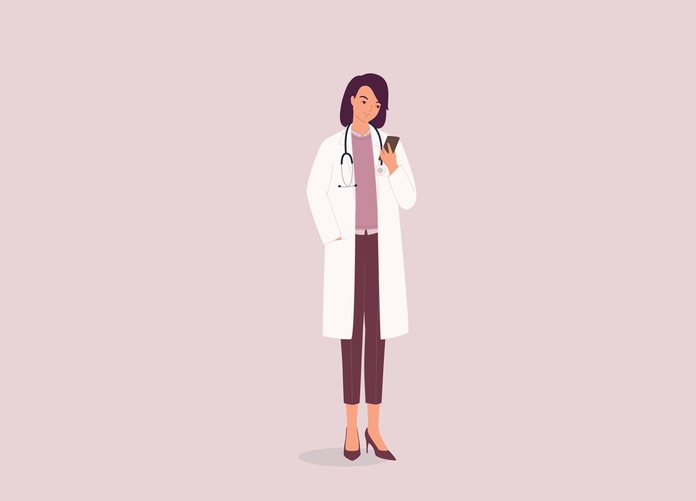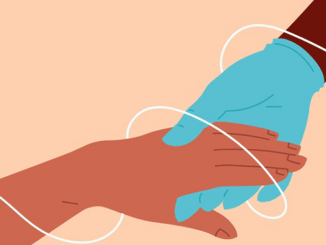
The BMA is pledging to end sexism in medicine – here’s how
CREDIT: This is an edited version of an article that originally appeared on BMA
The BMA wants medicine to celebrate diversity, making all doctors and medical students feel valued, included and protected by their employers. To do this, they have made an Ending Sexism in Medicine Pledge to unite medical organisations with an impact on the working conditions of medical students and doctors so they can work collaboratively to address the cultural and structural factors that cause sexism.
Sexism should never be tolerated, whether from individuals or ingrained in the policies and structures medical students and doctors work within. All doctors and medical students should work in an environment free from discrimination, where their gender plays no role in their career progression or how they are treated by colleagues and patients. The medical profession should celebrate diversity, making all doctors and medical students feel valued and included. Doctors and medical students must be given a safe environment to work in, where they are protected by their employers. The BMA wants a medical profession that:
- promotes a culture of respect for the competency and contribution of all doctors and medical students without assumptions or stereotypes based on gender;
- addresses the negative impact of gender stereotypes in medical education and career pathways;
- ensures equal opportunities for doctors and medical students to pursue and thrive in the career path of their choice, without gender stereotypes playing a limiting factor in their career;
- has systems to raise concerns that are transparent, fair, and accountable, that doctors and medical students have confidence in;
- takes targeted and evidence-based actions when addressing inequality. Recognising that women are more likely to experience sexism – while also acknowledging that other genders can be subject to disadvantages – for example, non-binary people being sexually harassed, or men having less support to take parental leave due to gender stereotypes.
All actions taken to progress to a fairer medical profession must be intersectional to ensure they accurately reflect the experiences of all doctors and medical students, recognising that other characteristics, such as a person’s gender identity, ethnicity, disability, faith or sexual orientation, will impact their experiences of sexism.
Goals
The BMA believes that working in partnership towards 10 goals will help us in achieving this pledge. Some of these goals are specific to women, who disproportionately experience gender discrimination; this includes all doctors and medical students who identify as women. The goals aim to:
- eliminate sexism from career progression opportunities;
- end sexual harassment in medicine;
- ensure there are multiple channels for reporting sexual harassment and sexism;
- promote the benefits of gender diversity in medicine;
- guarantee safe and supportive environments for pregnant doctors and medical students;
- remove the detrimental impact that having children and other caring responsibilities can have on career progression and work-life balance;
- actively challenge gender stereotypes in medicine;
- increase the visibility and voices of women;
- employees in more senior roles to recognise gender bias in the workplace;
- support women’s health.


Be the first to comment